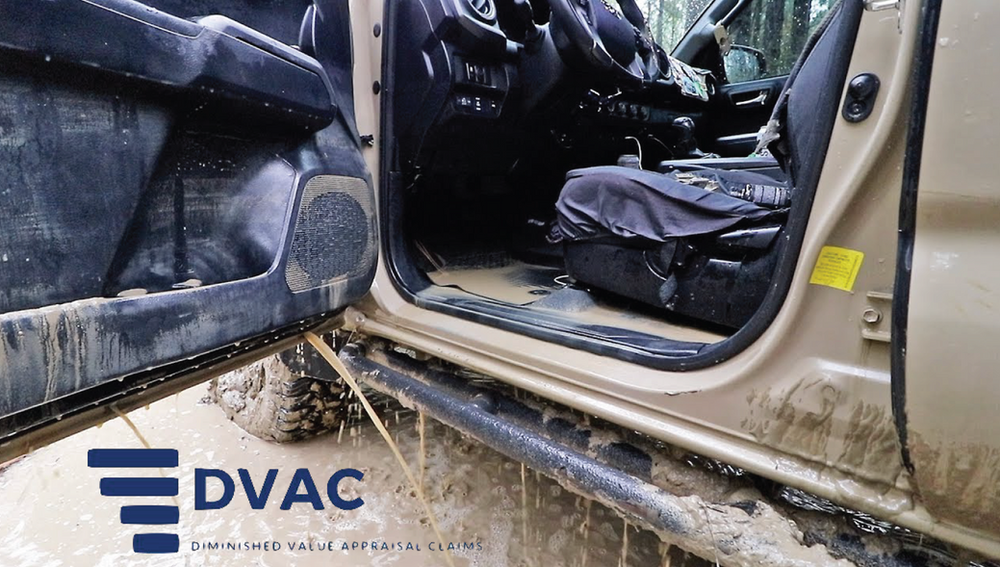The Coming Storm
After a hurricane there are always people who buy branded vehicles, clean them up, and take them to another state where they a “clean” title is obtained. Their next step is to trade-in the vehicle out of state, in order to receive the maximum market value, without disclosing what they know regarding the condition.
Keep an eye out for vehicles that were recently purchased, and are now being traded-in within 90 days of the purchase date. For sale by owner (FSBO) & private party transactions will be the most susceptible to this type of exposure, followed by dealership exposure when these vehicles are attempted to be traded-in.
Many Florida Residents Do Not Have Flood Insurance
The issue with saltwater flood damaged vehicles is that they rust from the inside out. Hurricane Irma accounted for 300,000 totalled vehicles. How many will end up being affected by Hurricane Ian?
Within Florida designated evacuation zones, only 47% of homes have flood insurance. In areas outside these zones, only an estimated 9% of homes have flood coverage. Just like many Florida residents do not have flood insurance, many do not have full coverage auto insurance. The vehicles without full coverage insurance will be the most likely vehicles to be seen as potential trade-ins throughout the country.
How Do You Identify Flood Damage on a Vehicle?
- Look for a waterline or signs of saltwater reside inside the vehicle. Areas that are often overlooked by detailers are the headlights, taillights, glove box, under the dashboard, the spare tire and the trunk.
- Check carpeting for water damage, upholstery and seat belts for water stains or mold/musty odors.
- Check under the vehicle for signs of rust or corrosion on screws, bolts and seat rails that seems out of place for the vehicle’s age and location.
- Check all electrical component operations. Scan vehicle with OBD-II (see below) and scan tool to look for DTC codes that indicate potential water damage malfunctioning.
- Look for vehicles with current or cleared DTC codes, that are related to the “Network” and “Computer” systems. There is not a “Flood” trouble code. But pay close attention to Engine Control Module (ECM), Transmission Control Module (TCM), Antilock Braking System (ABS), etc. Diagnostic Trouble Codes (DTCs), as these codes may be underlying issues of water exposure.



